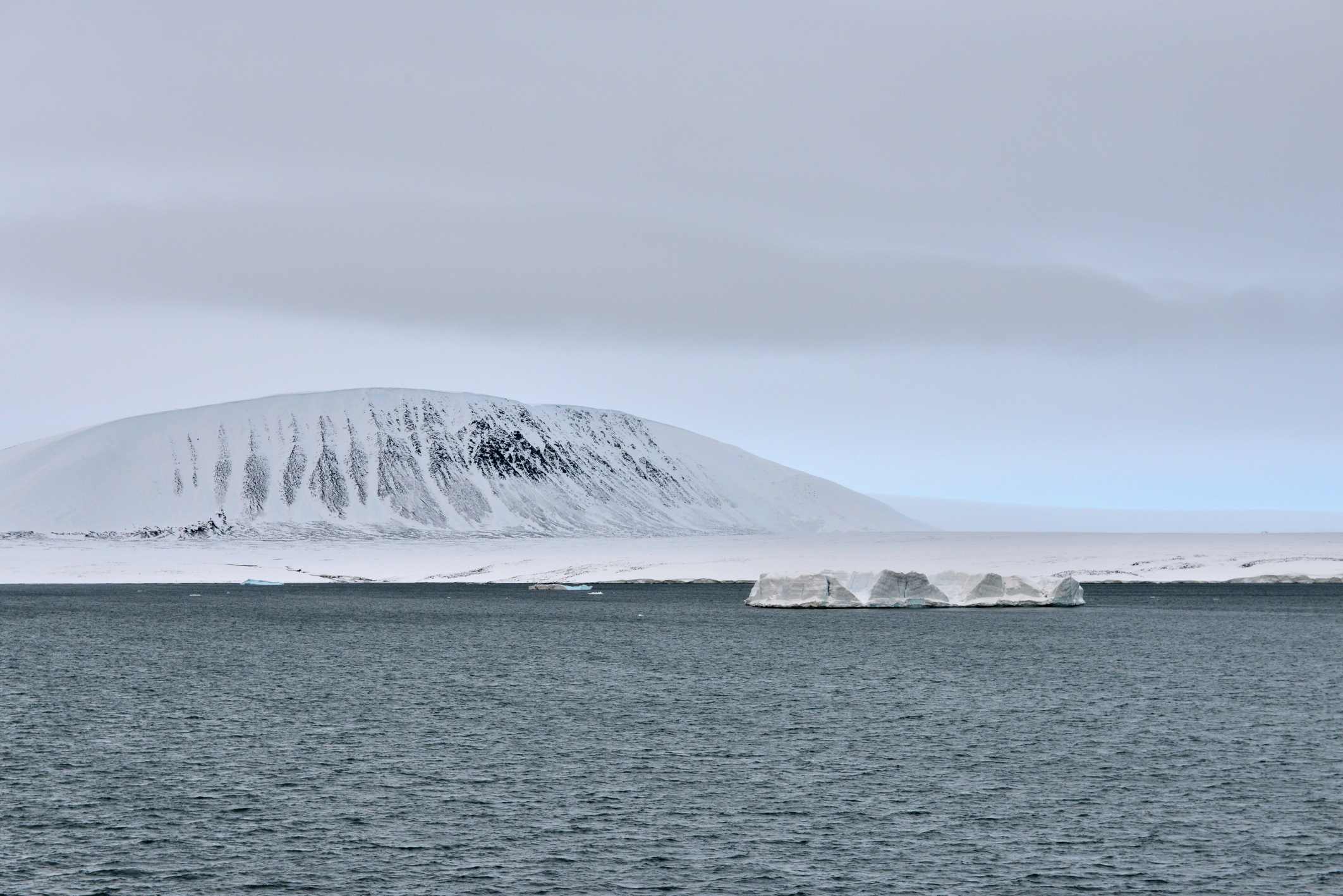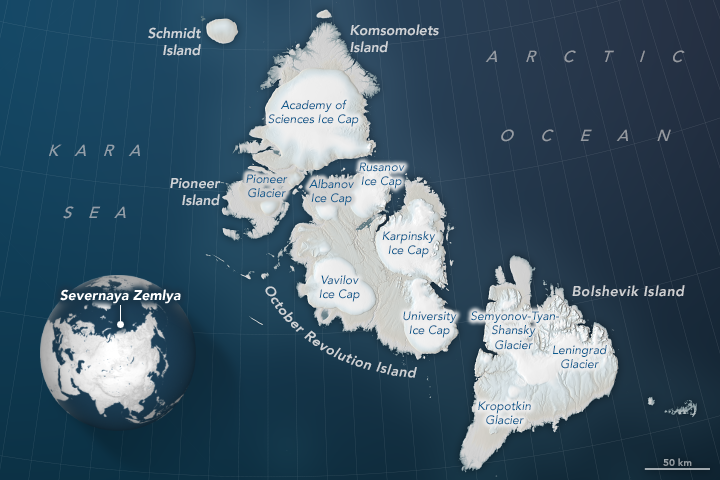Russia’s Severnaya Zemlya archipelago could be renamed after Czar Nikolai II
The islands, discovered in 1913, were originally named after the Russian emperor, but were renamed by Soviet authorities in 1926.

Some powerful voices in Russia are arguing that the Severnaya Zemlya archipelago should be renamed after the last ruler of the Russian Empire, Czar Nikolai II (commonly anglicized “Nicholas”).
The possible renaming of the great archipelago, located between the Kara and Laptev seas, has been raised by influential individuals affiliated with the Russian Orthodox Church.
The proposal was officially sent by adventurer Fyodor Konyukhov to legislators in the Krasnoyarsk regional assembly in late September. Konyukhov’s letter is now being reviewed by members of the regional parliament, TASS reports. Among its signatories are also Irina Tikhomirova, grandchild of famous Arctic sailor and explorer Boris Vilkitsky, as well as Bishop Iyakov of Naryan-Mar, and Konstantin Malofeev, leader of the organization “Double-headed Eagle.”
Viktor Zubarev, a member of the State Duma from Krasnoyarsk, has also signed the letter. The renaming of the archipelago will restore historical justice, Zubarev underlines to the news agency.
The far northern islands were originally named after the Russian emperor, but renamed Severnaya Zemlya by Soviet authorities in 1926. The Communist rulers at the same time changed the name of one of the smaller islands in the area from Czarevich Aleksey Land to Maly Taymyr.

Regional authorities in Krasnoyarsk underline that the proposal from Konyukhov and his associates must be subject to “comprehensive public debate.” However, the case has already gained momentum, and powerful forces are likely to continue to push for the renaming.
Konyukhov is priest in the Russian Orthodox Church and is believed to be supported by strong forces in the Orthodox clergy. During his many expeditions, Konyukhov has raised the Orthodox banner in several parts of the world. His alliance with Tikhomirova, Bishop Iyakov Zubarev is likely to be sufficiently strong to persuade both regional and federal authorities.
The renaming of the Severnaya Zemlya will fit nicely into the current Russian surge in Arctic interest and the growing political orientation towards patriotism and Russian Orthodox values.
The archipelago is one of Russia’s biggest in the Arctic. It is located partly north of the 80th parallel and comprises of four big islands and several small ones. Among the former are the October Revolution, Komsomolets, Bolshevik and Pioneer.
The islands were officially discovered by explorer Boris Vilkitsky in 1913. They have a key geostrategic importance as they separate the Kara Sea from the Laptev Sea, and lie within the waters increasingly used for shipping on the Northern Sea Route.